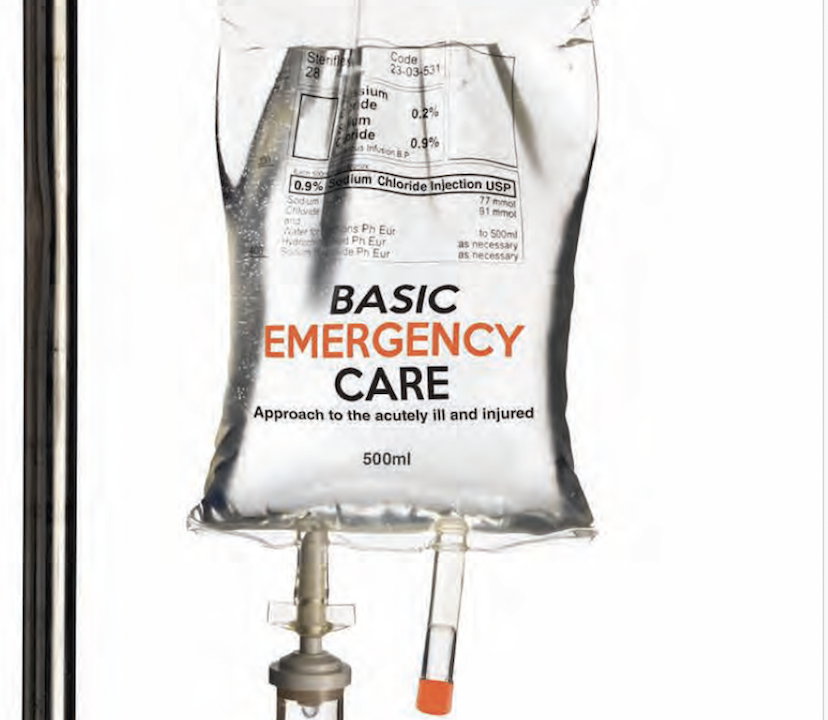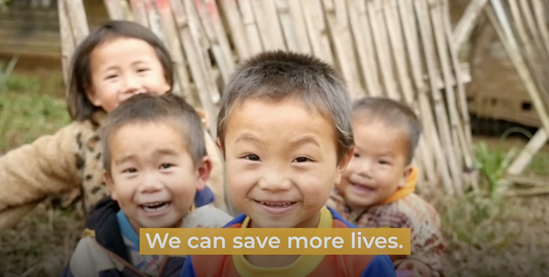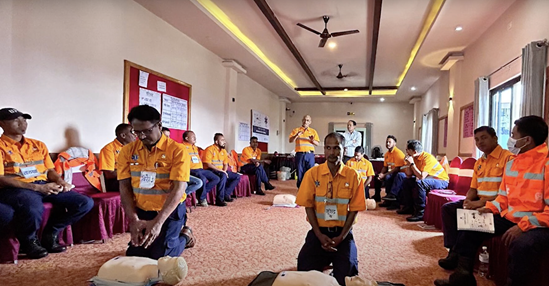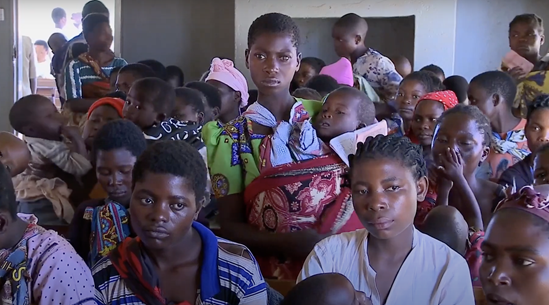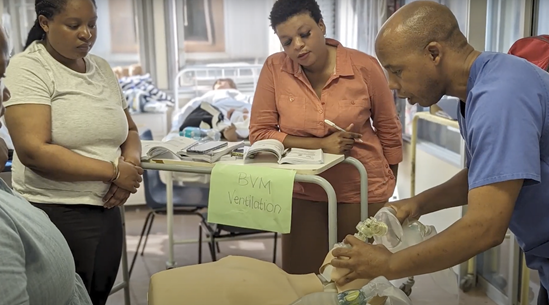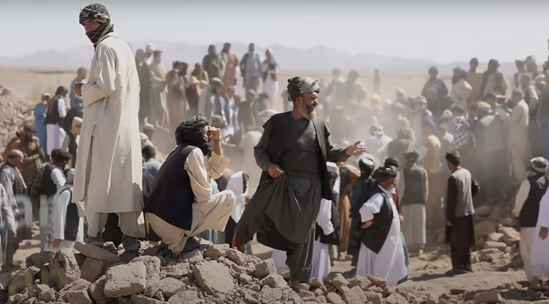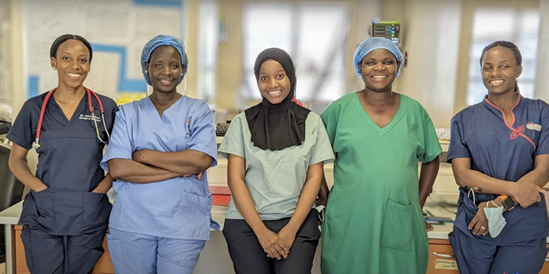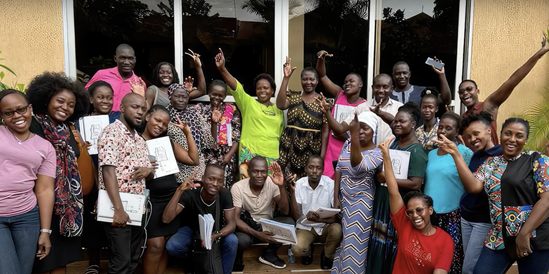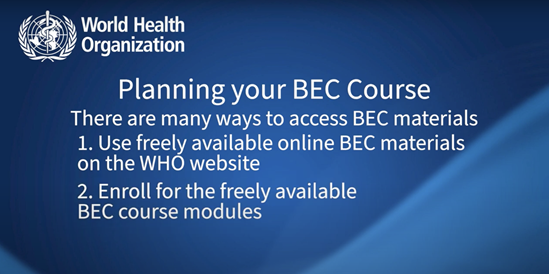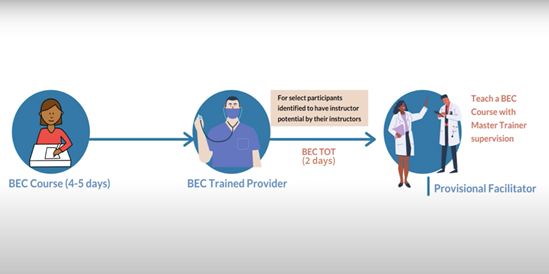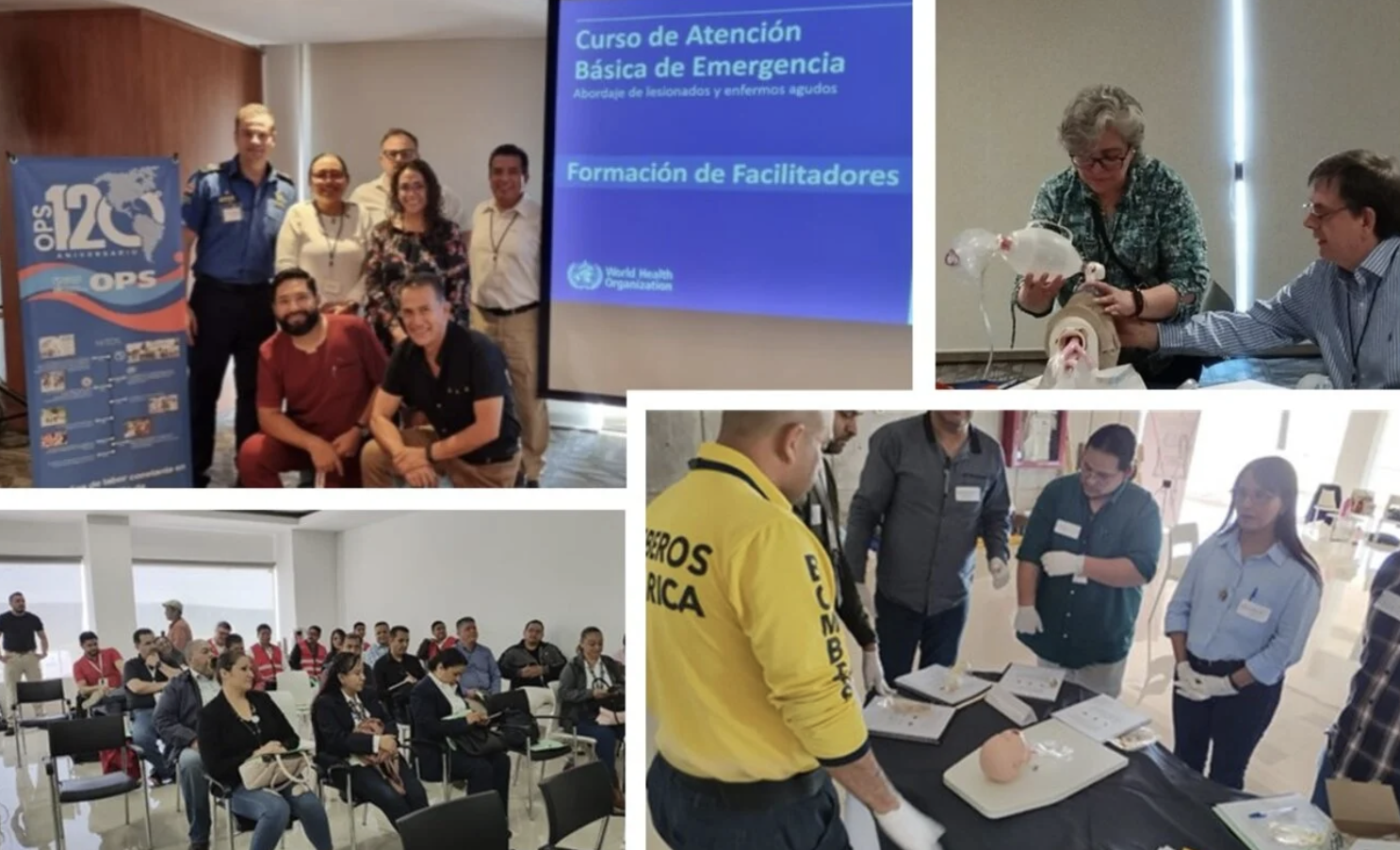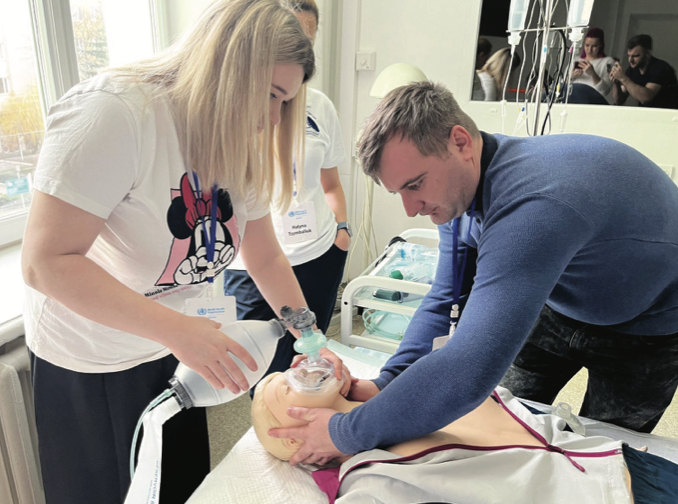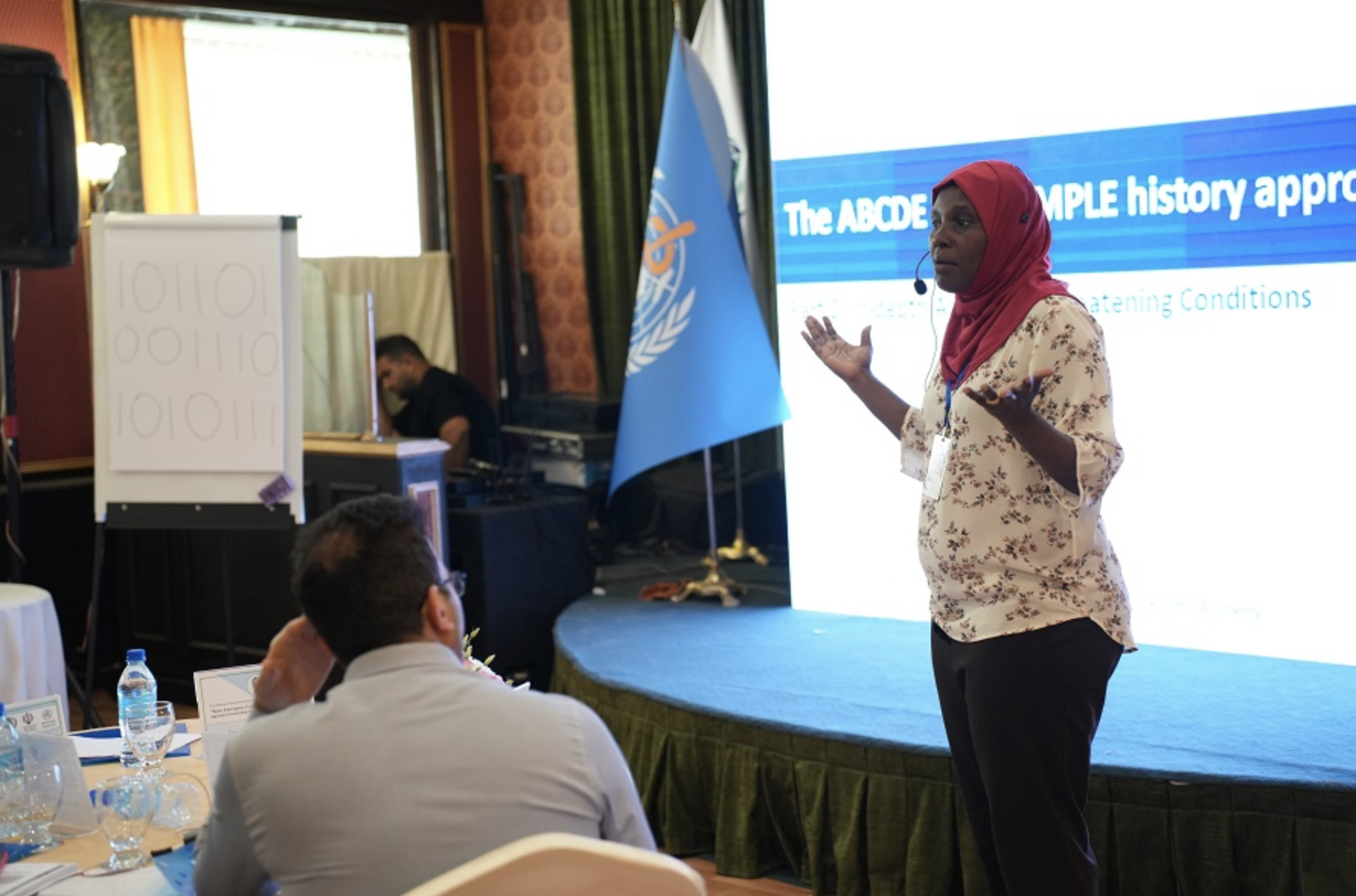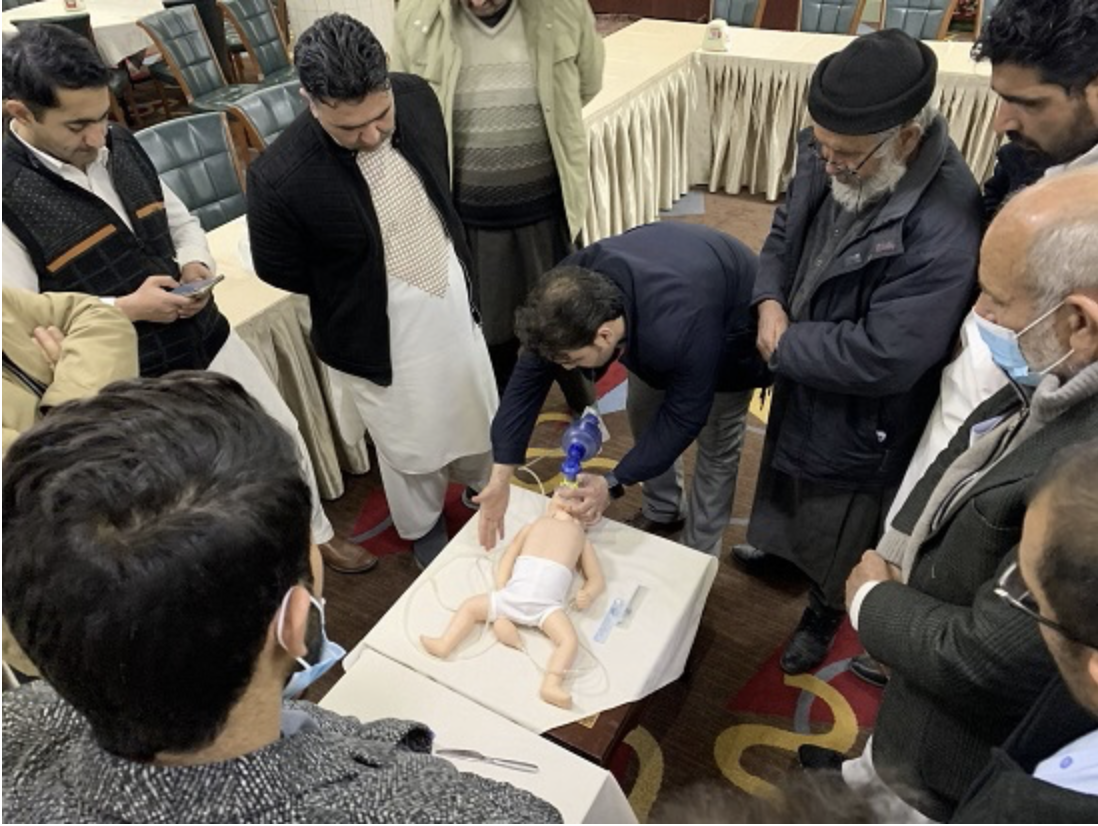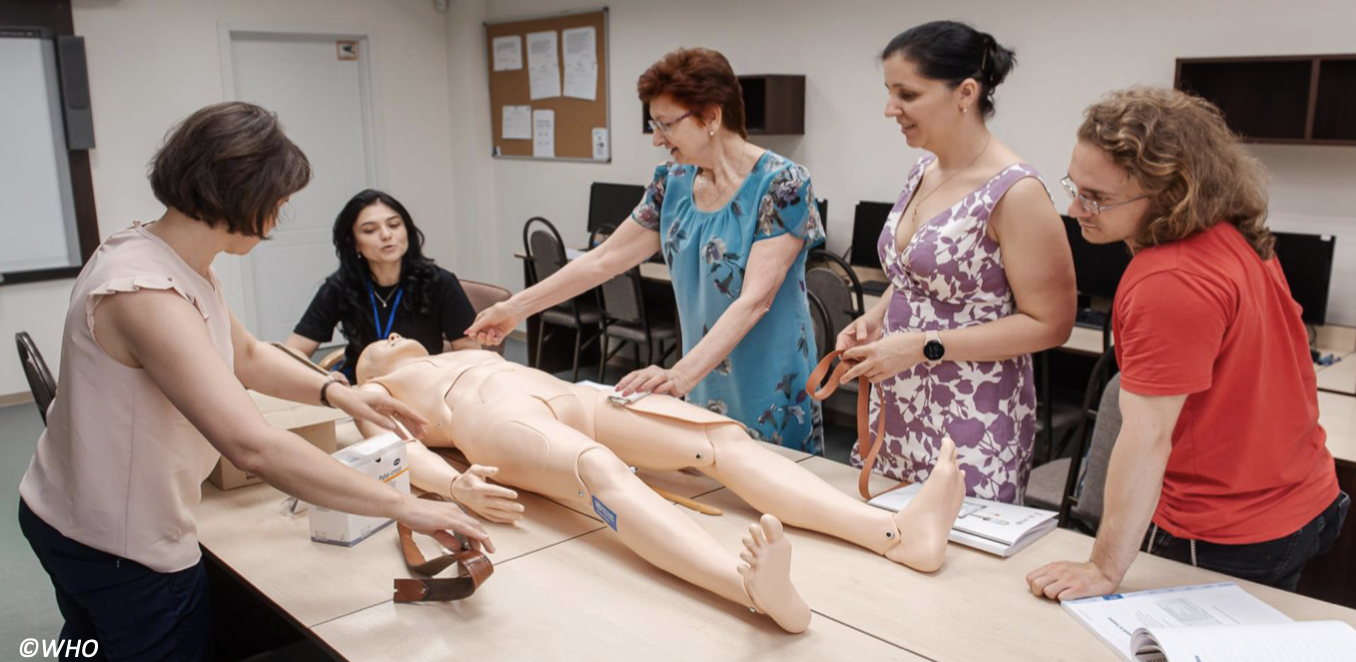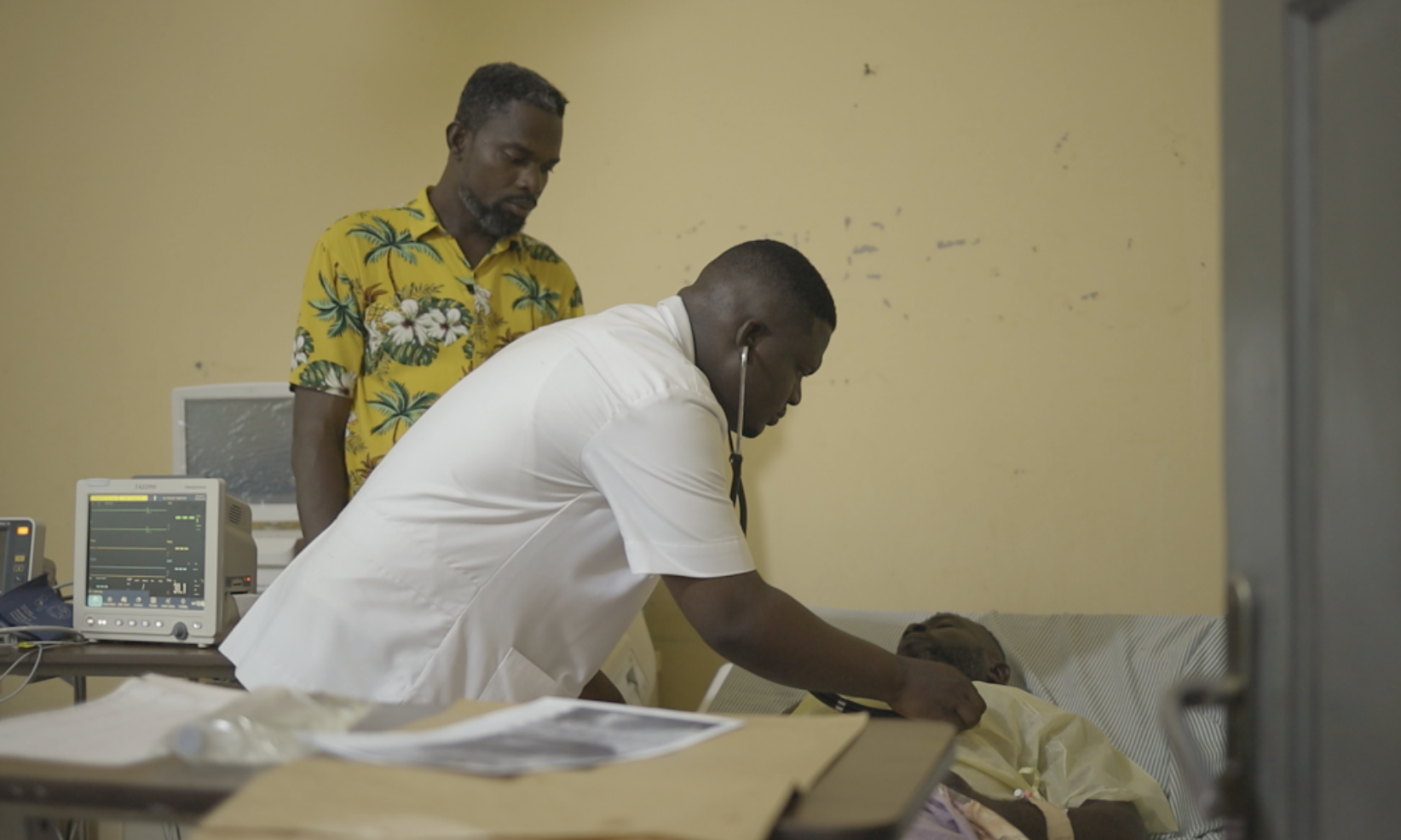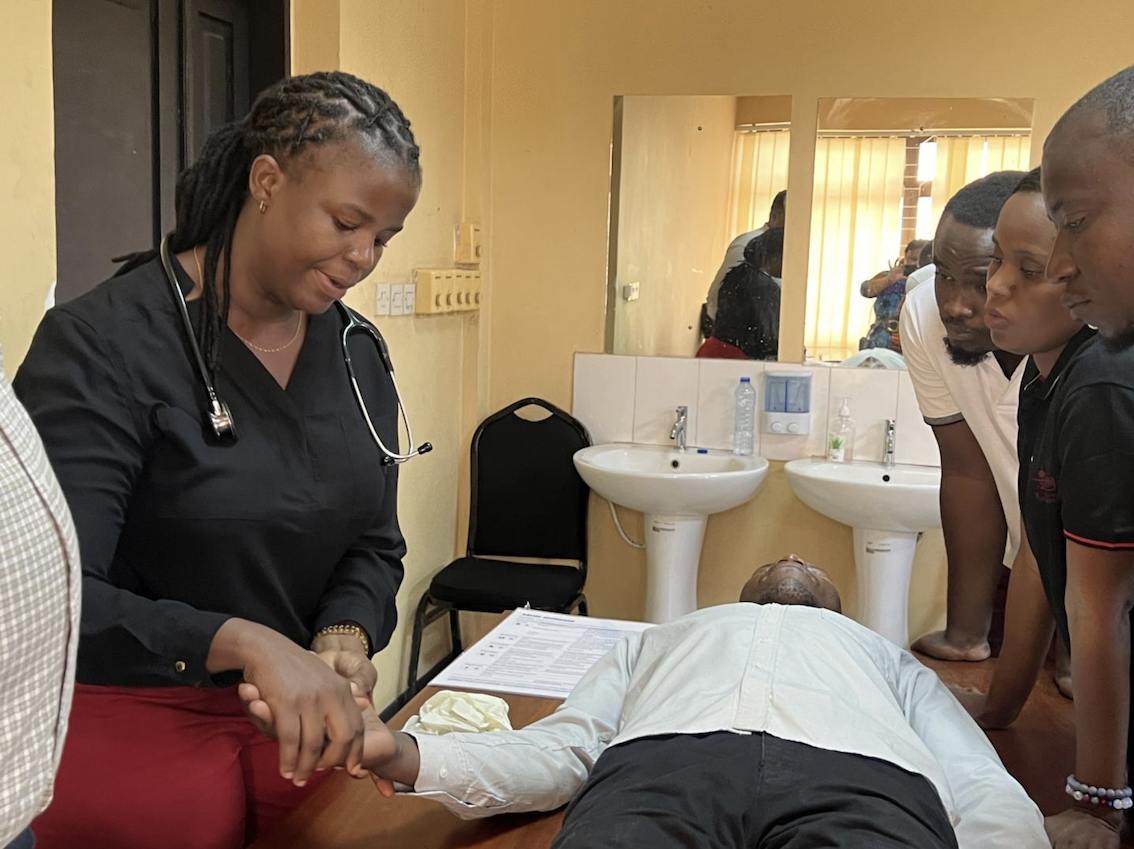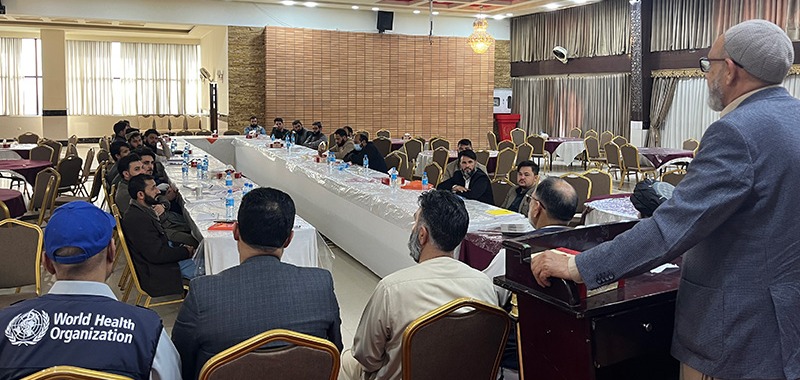
Basic Emergency Care
The Basic Emergency Care Course (BEC) is a joint WHO/ICRC/IFEM learning programme for first contact health workers who care for patients with acute illness or injury. BEC teaches a systematic approach to the initial assessment and management of time-sensitive conditions where early intervention saves lives.
BEC Flyer
What is the Basic Emergency Care course?
- First published in 2018, BEC was developed in collaboration with the International Committee of the Red Cross (ICRC) and the International Federation for Emergency Medicine (IFEM), medical education experts and first-contact health workers, including nurses, doctors and clinical officers.
- BEC focuses on a systematic approach to every patient and addresses injury and three key syndromes (difficulty breathing, shock and altered mental status ), amplifying clinical recommendations from the WHO IMAI District Clinician Manual, WHO Pocketbook of Hospital Care for Children, WHO Emergency Triage and Treatment and WHO Integrated Management of Pregnancy and Childbirth.
- BEC addresses the recognition and initial management of a wide range of conditions (injuries, infections, noncommunicable diseases, including mental health conditions, and acute complications of pregnancy) across the life course.
- BEC has wide applicability for many health worker cadres (nurses, ambulance providers, doctors) and in a range of settings including humanitarian crises.
How is BEC delivered?
- BEC has traditionally been taught as a 5-day in-person course.
- The BEC hybrid course is available online through the WHO Academy as a self-paced online programme. Participants who have completed the WHO Academy course will be required to complete an in person Practical Skill Training before certification as a BEC provider.
- The BEC self-paced course is available online through the Open WHO portal. The OpenWHO format is intended for review and refresher trainings and does not lead to certification as a BEC provider.
- A specific module on BEC Conflict Related Injury is available on OpenWHO and for face to face delivery.
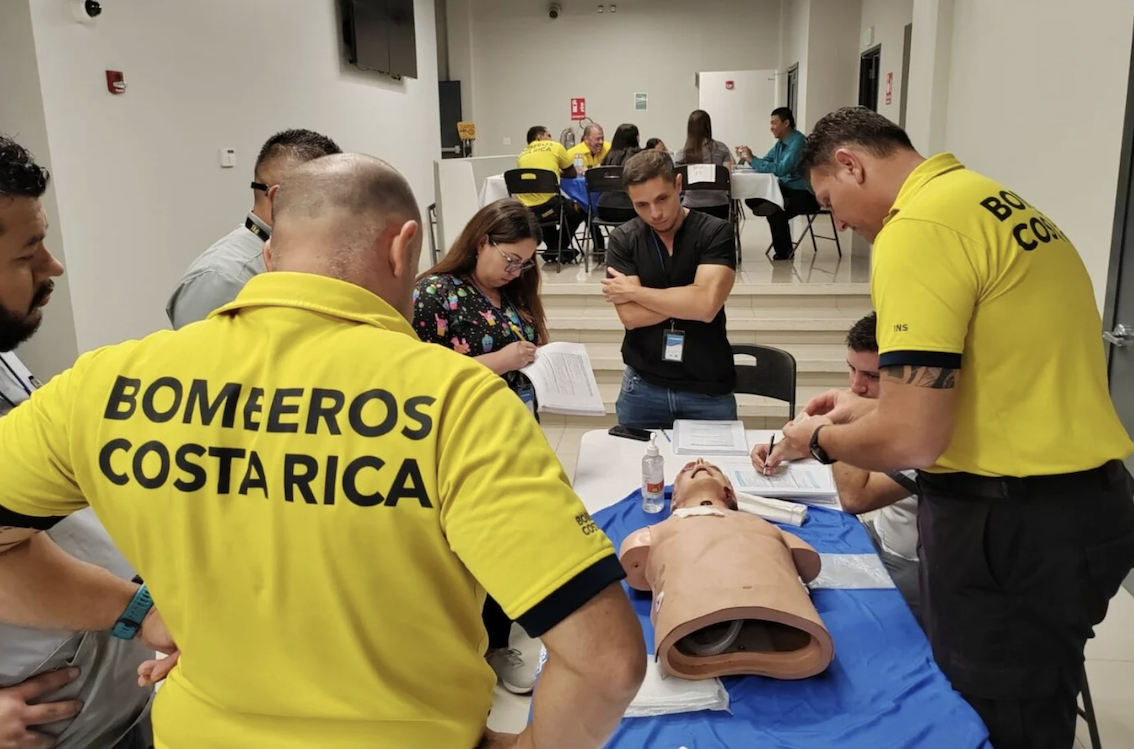
How has BEC been implemented?
- Since 2018, BEC has been implemented in over 60 countries via national, regional and international professional societies, universities, NGOs such as ICRC, WHO and government programmes.
- The BEC is currently available in Arabic, Spanish, French and Dari. Other language may be available upon request to emergencycare@who.int.
- To facilitate high-quality implementation, the global rollout of BEC is associated with a credentialling cascade for certified master trainers, trainers and participants, executed by the IFEM and its constituent regional societies. There are substantial cohorts of certified BEC trainers in all regions.
- For more information on BEC courses, please reach out to IFEM or your regional emergency care professional society (such as the African Federation for Emergency Medicine, Asian Society for Emergency Medicine, or Federación Latinoamericana de Medicina de Emergencias).
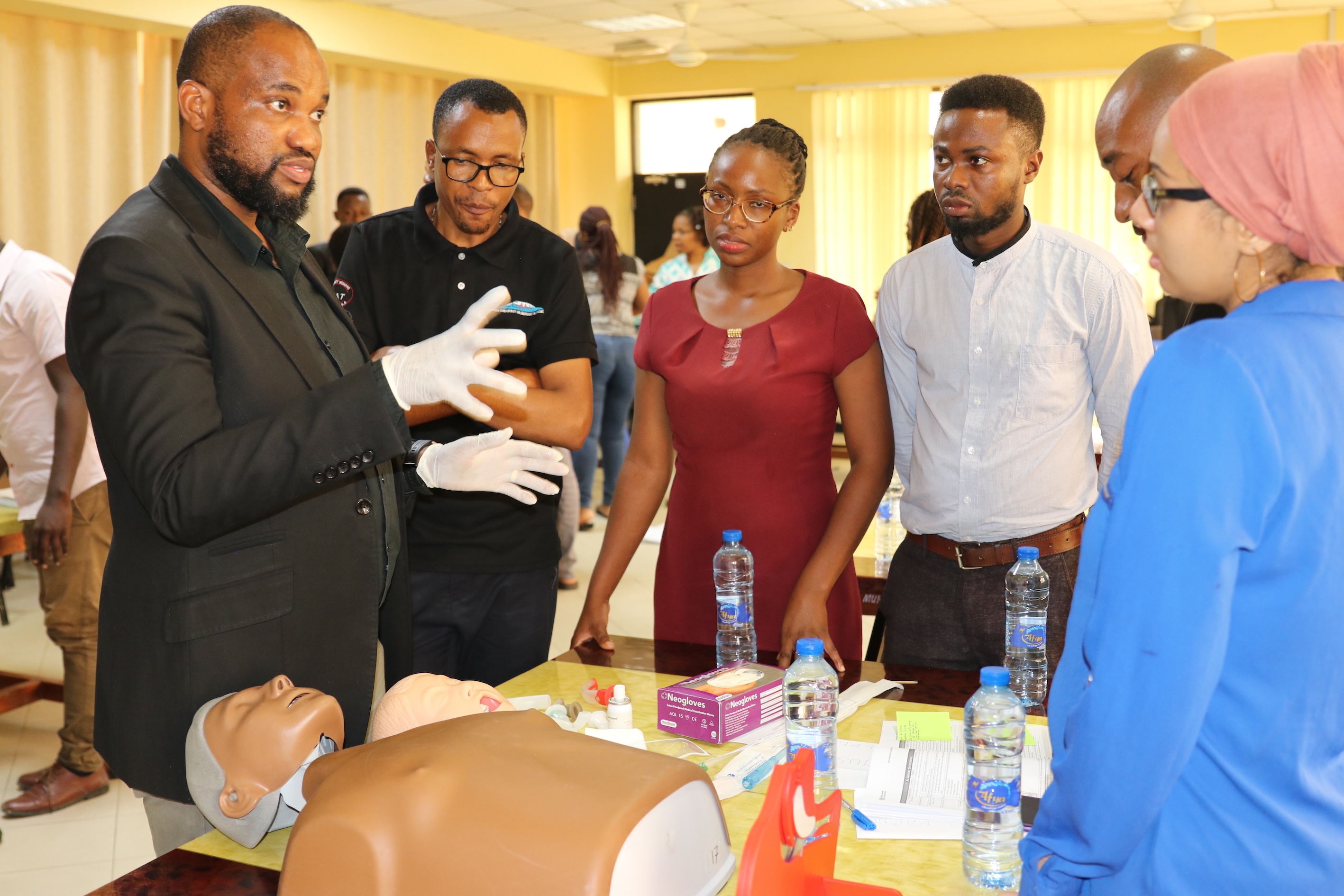
What is the impact?
- The BEC has won the Laerdal Impact Award for its demonstrated impact on pneumonia, diarrhoea, asthma, post-partum haemorrhage and diabetic crisis.
- Numerous published studies demonstrate the acceptability, feasibility, educational impact and cost-effectiveness of BEC.
- Preliminary results from a WHO outcome study across district hospitals in Asia and Africa show a dramatic in-hospital mortality reduction after implementing BEC and simple WHO process tools.
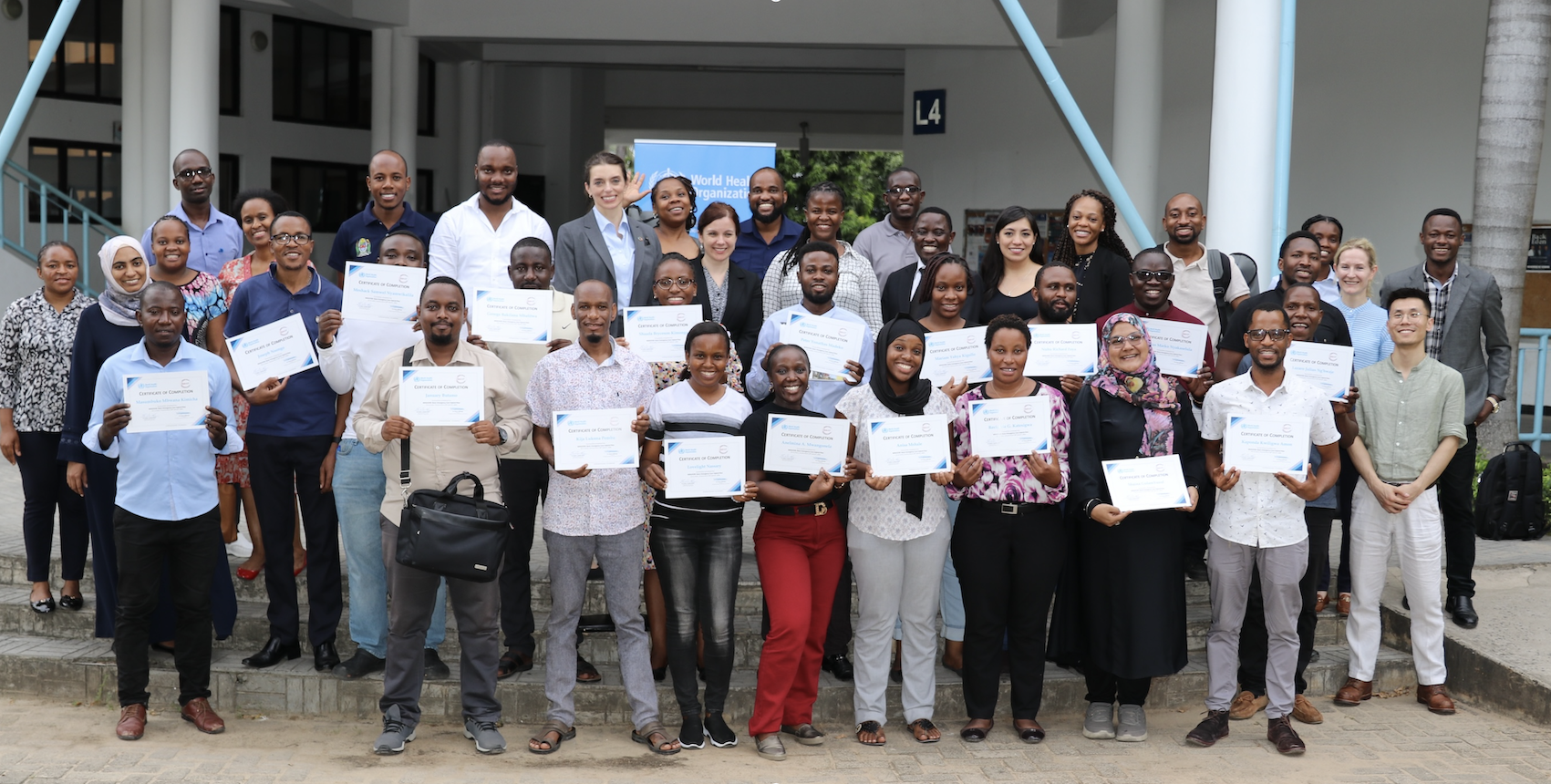
What is next for BEC?
- The Office of the Chief Nurse has launched a campaign to amplify BEC training to nurses around the world, initiating or expanding efforts in 25 countries in 2024-25. BEC 25x25 has been selected by DGO as a core 75th anniversary campaign.
- The BEC is an early priority for the Acute Care Action Network (ACAN) and is central to the mandate of World Health Assembly Resolution 76.2 on integrated emergency, critical and operative care and the associated global strategy called for at EB 2024.
Country stories
How to get started with BEC
News releases
Relevant links
Contact Us

